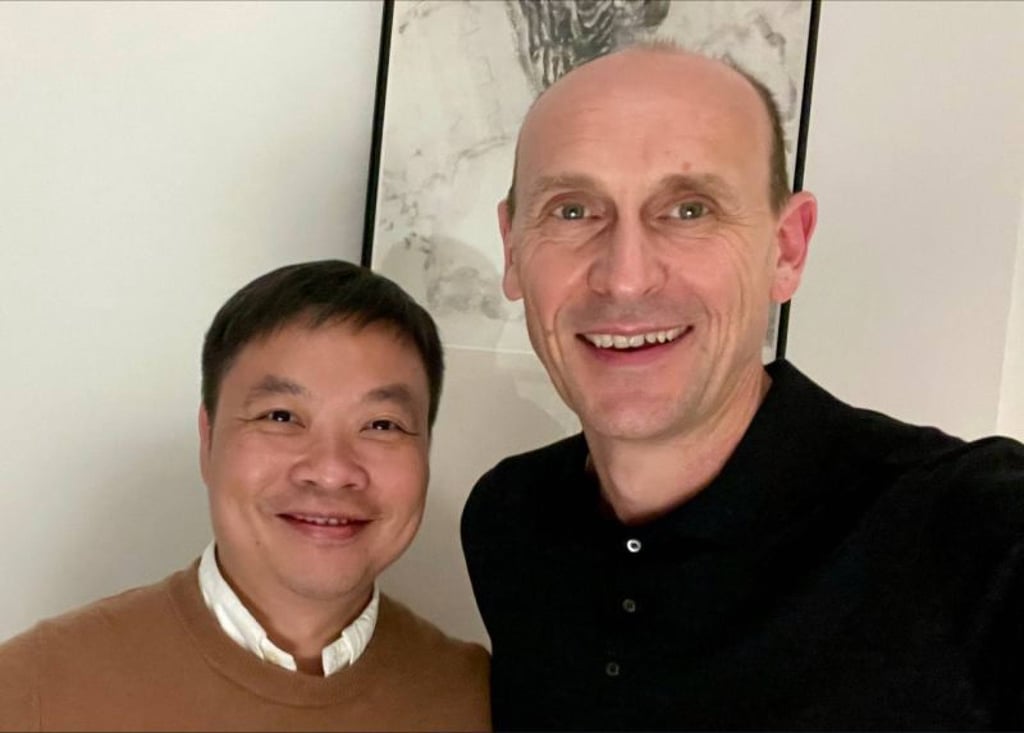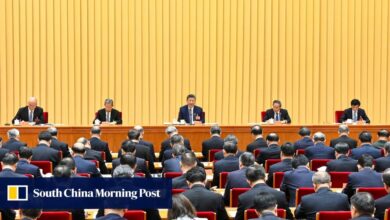Volkswagen extends ties with China’s Xpeng to develop new EV models, technologies

An E/E system connects all in-car electronic control units (ECUs), sensors and actuators to support a smart vehicle’s capabilities of self-driving, digital connectivity and infotainment.
“With the joint development of a highly modern E/E architecture, in which both partners contribute their technological expertise, we are now taking the next step together,” said VW’s China chief executive Ralf Brandsatter. “For us at Volkswagen, this project is also the next milestone in the consistent implementation of our ‘in China for China’ strategy, with a clear focus on Chinese customers and technological innovations.”

The two companies said the first car fitted with their jointly developed E/E system would roll off the assembly line within 24 months, but it did not say which badge will be emblazoned on the vehicles.
All VW-branded EVs in China will be equipped with “powerful and efficient” E/E architecture built through the partnership, starting in 2026, Brandsatter said.
In April, VW signed a pact with Xpeng to develop two mid-sized electric cars to help it tap accelerated electrification on the mainland’s roads where 40 per cent of new cars are now powered by batteries.
The German company, the largest carmaker on the mainland, said its tie-up with Xpeng would help reduce development time by over 30 per cent.
“A new agreement between the two companies to develop E/E architecture together shows that they will consolidate relations to tap the mainland’s and global EV market in future,” said Gao Shen, an independent analyst in Shanghai. “At present, VW is eager to speed up new EV model launches in China to catch up with local rivals.”
VW delivered 3.24 million petrol and electric cars on the mainland and in Hong Kong last year, a relatively weak 1.2 per cent year-on-year increase in a market that grew by 5.6 per cent overall.
VW sold 23.2 per cent more pure-electric cars on the mainland and in Hong Kong in 2023 versus 2022, for a total of just 191,800. Meanwhile, the mainland’s EV market jumped by 37 per cent last year, with deliveries of pure electric and plug-in hybrid cars hitting 8.9 million units.
In April, Brandsatter said VW planned to launch 30 new electric car models on the mainland by 2030 when it was targeting annual sales of 4 million cars.
Source link



